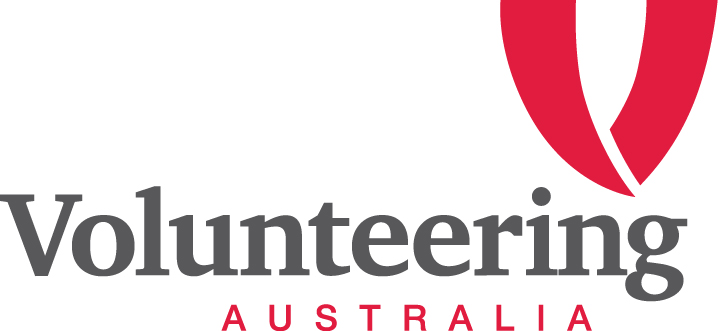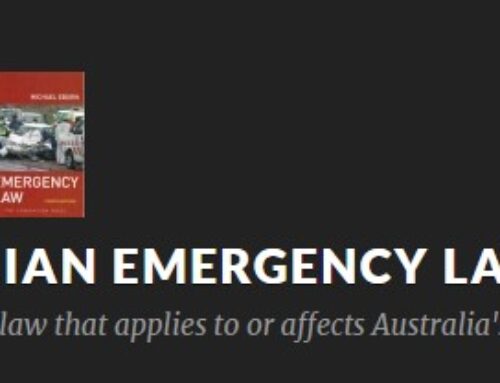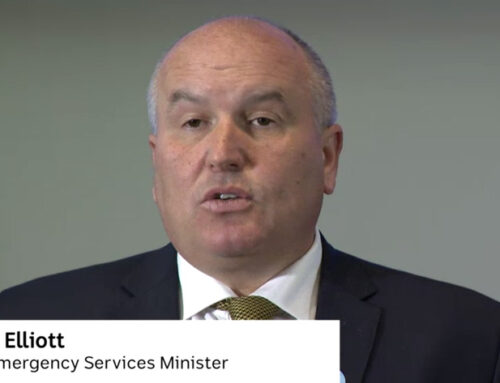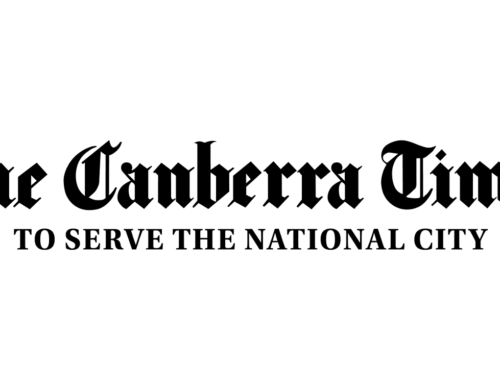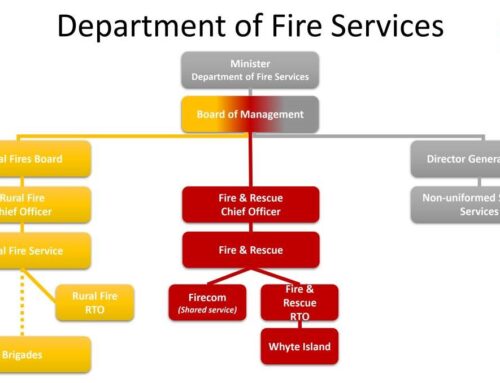Volunteering Australia & State and Territory Peak Volunteering Bodies Response to Australian Government Compensation Scheme
January 2020
Volunteering Australia is the national peak body for volunteering, working to advance volunteering in the Australian community. The seven State and Territory volunteering peak bodies work to advance and promote volunteering in their respective jurisdictions and are Foundation Members of Volunteering Australia.
Volunteering Australia understands that the Australian Government’s compensation scheme for emergency service volunteers is a response to the current 2019-20 bushfire crisis and is not a precedent for permanent payments. Given the concerning trend of falling numbers of emergency service volunteers, increased consideration needs to be given to such matters as the composition and structure of the emergency management workforce, in particular how volunteers are engaged, resourced and valued.
Volunteering Australia gives its total support to volunteers and volunteer involving organisations active in disaster preparedness, response and recovery.
Like all Australians, we pay tribute to the extraordinary contribution made by volunteer fire fighters, emergency responders and all others who have given so much to respond to the recent disasters.
There are also a range of organisations which support recovery from emergencies and natural disasters. These organisations and their respective volunteers can provide extensive and much needed volunteer support in the weeks, months and years following a disaster event – long after the initial response teams have left. The role and contribution of these agencies and their volunteer and paid workforces also needs to be considered in any future compensation discussions.
In general Volunteering Australia supports improved funding and resourcing for the volunteering sector from the Australian Government.
However, future Australian Government responses to resource the emergency service volunteer workforce need to be well planned and thoroughly considered. In a context of more intense and longer fire seasons due to climate change, we need a clear picture of what a future emergency management workforce will look like, including the ratio of employees to volunteers.
Volunteering Australia defines volunteering as “time willingly given for the common good and without financial gain.” While volunteers donate their time willingly, their contribution is not free. As a principle, expenses incurred as a result of volunteering should not be the liability of the volunteer in the form of out of pocket expenses.
We need to ensure that national volunteer policy responses do not undermine the culture and the ethos of volunteering by introducing financial considerations that could be considered a wage or salary. Ideally emergency service organisations would have the resources available, including the ability to provide appropriate training, equipment and clothing, and the ability to manage the volunteer workforce so that no volunteer requires financial compensation, beyond ordinary out-of-pocket expenses.
There are differing views from volunteer involving emergency service organisations and volunteers in different States and Territories.
We need to be cognisant of varying contexts of volunteerism in different organisations and States and Territories, which have primary responsibility for responding to emergencies. Each jurisdiction has its own emergency management arrangements, levels of resourcing and natural environmental challenges, including fires, flooding and cyclones.
The experts in these regards are the rural firefighter and SES organisations, that specialise in recruiting, training, resourcing and mobilising emergency service volunteers, all in high-risk environments.
Going forward, Volunteering Australia in collaboration with State and Territory volunteering peak bodies wants to support the Australian Government and key emergency management agencies and organisations to put in place the most appropriate response and policy setting for volunteer emergency responses in the future.
Volunteering Australia will seek a meeting to brief the Minister for Families and Social Services to assist the Prime Minister as he prepares for the upcoming Council of Australian Governments (COAG) meeting in March 2020. We see this meeting as a priority to get the right medium to long-term solutions in place.
We want to hear from the emergency service volunteer sector to understand the impacts of financial compensation for volunteers, particularly considering the challenges in some jurisdictions in recruitment and retention over the next year leading into the next fire season.
There is a range of options that should be explored to strike the right balance of support and resourcing for our volunteers which will not undermine the spirit of volunteering or bring about unintended consequences.
Volunteering Australia will advocate for an emergency service workforce which is fit for purpose. This includes:
- Appropriate resourcing for organisations to cover all out of pocket expenses for volunteers.
- Ongoing resourcing for emergency services volunteer and broader volunteer sector capacity building, where appropriate, to be delivered and supported by State and Territory volunteer peak bodies.
- Building local capability in disasters, to empower and connect local communities and strengthen disaster readiness and resilience as well as save resources and money.
Ms Adrienne Picone
Chief Executive Officer

